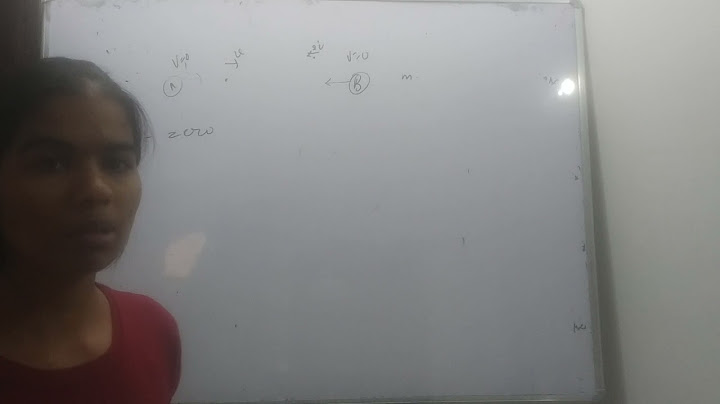> Solution Let the required roots be p ,q ,r let the two roots let p and q be 0 (given) we know that→ sum of roots = -b/a → p + q + r = -b/a → 0 + 0 + r = -b/a → r = -(b/a) so option a is correct Mathematics Secondary School Mathematics X Standard X
 0 Let `alpha = 0, beta=0` and y be the zeros of the polynomial f(x)= ax3 + bx2 + cx + d Therefore `alpha + ß + y= (-text{coefficient of }X^2)/(text{coefficient of } x^3)` `= -(b/a)` `alpha+beta+y = -b/a` `0+0+y = -b/a` `y = - b/a` `\text{The value of} y - b/a`
Hence, the correct choice is `(c).` Page 2If two zeros x3 + x2 − 5x − 5 are \[\sqrt{5}\ \text{and} - \sqrt{5}\], then its third zero is Let `alpha = sqrt5` and `beta= -sqrt5` be the given zeros and y be the third zero of x3 + x2 − 5x − 5 = 0 then By using `alpha +beta + y = (-text{coefficient of }x^2)/(text{coefficient of } x^3)` `alpha + beta + y = (+(+1))/1` `alpha + beta + y = -1` By substituting `alpha = sqrt5` and `beta= -sqrt5` in `alpha +beta+y = -1` `cancel(sqrt5) - cancel(sqrt5) + y = -1` ` y = -1` Hence, the correct choice is`(b)` Concept: Relationship Between Zeroes and Coefficients of a Polynomial Is there an error in this question or solution? Page 3Given `alpha, beta,y` be the zeros of the polynomial x3 + 4x2 + x − 6 Product of the zeros = `(\text{Constant term })/(\text{Coefficient of}\x^3) = (-(-6))/1 =6` The value of Product of the zeros is 6.
Hence, the correct choice is `( c ).` |

zusammenhängende Posts
Werbung
NEUESTEN NACHRICHTEN
Toplisten
#1
#2
#3
Top 8 zeichnen lernen für kinder online 2022
1 Jahrs vor#4
Top 8 schluss machen trotz liebe text 2022
1 Jahrs vor#5
#6
Top 8 wie fallen calvin klein sneaker aus 2022
1 Jahrs vor#7
Top 5 mi band 3 schrittzähler einstellen 2022
1 Jahrs vor#8
#9
Top 9 sich gegenseitig gut tun englisch 2022
1 Jahrs vor#10
Werbung
Populer
Werbung

Urheberrechte © © 2024 wiewird Inc.




























